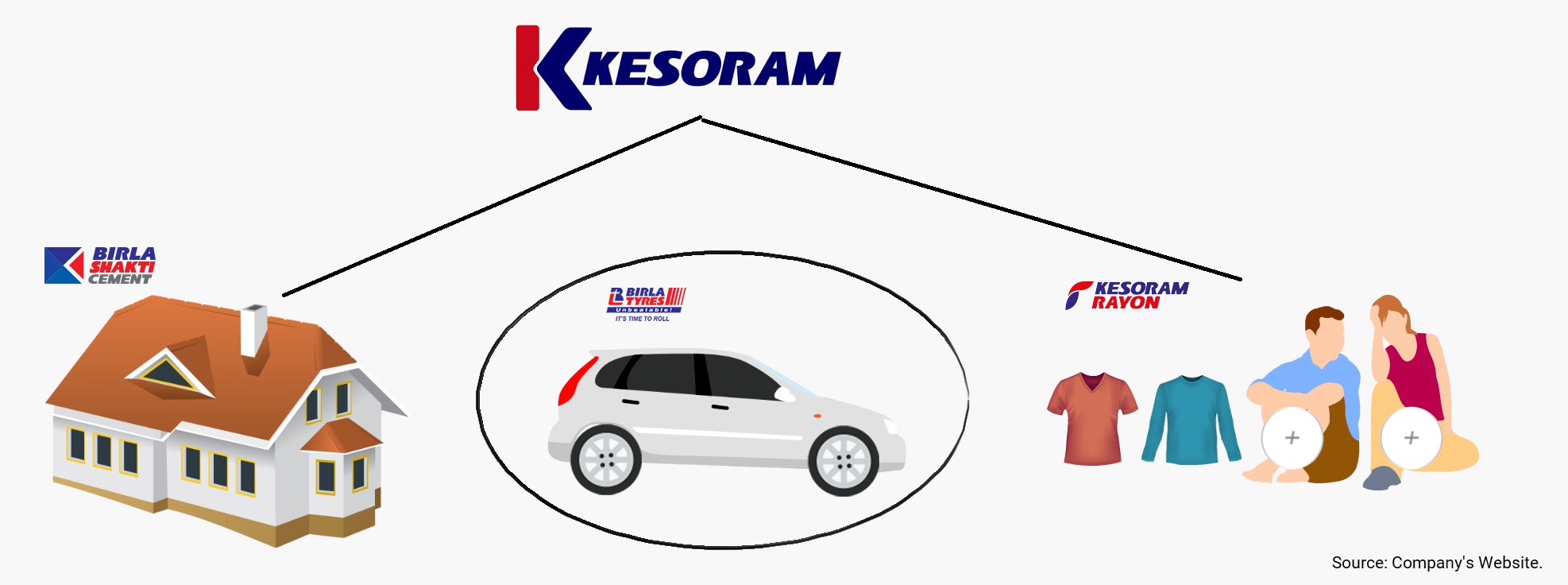NEW DELHI: For almost three years, the legal battle between the principal shareholders of Bengaluru-based Adiga’s restaurant chain has been as fiery as its sambhar, but now both sides seem to have agreed to break bread and move on.
A settlement that is in the works could see Asia-focused private equity fund New Silk Route (NSR) — the controlling shareholder of Vasudev Adiga’s Fast Food — buying out the Adiga brothers from the south Indian chain they founded more than 22 years ago, said people directly involved in the negotiations.
Both sides have held three rounds of discussions in the past two months, where the promoters (the Adiga family), who are represented on the board of the company by KN Vasudeva Adiga and younger brother Parameshwara Adiga, have expressed their willingness to negotiate a settlement to sell their remaining 40 percent stake in the company to NSR for Rs 50 crore.
NSR and the Adiga brothers have been locked in a dispute which is being adjudicated upon by the Chennai bench of the Company Law Board.
Simultaneously, legal proceedings were also initiated in the Karnataka High Court, which upheld a CLB order in October 2014 and allowed the affairs of the company to be run by an independent administrator.
The matter is now being heard by the National Company Law Tribunal, which will supersede the CLB. Parameshwara Adiga confirmed that the promoter family has offered a settlement to NSR but declined to comment on the valuation that they are seeking.
“The promoters and NSR have been in conversation on multiple occasions in the past in order to arrive at a mutually acceptable settlement. No amount has been agreed upon between the two parties,” Jacob Kurian, a partner at NSR, stated in a response to ET’s queries.
A source said the promoter family of Adiga’s have opposed all resolutions passed by the board of the company after NSR wrested majority control of the company within a year of its investment in 2012.
The former cited mismanagement and oppression by the private equity investor as reasons for the deadlock. The history of PE taking over Indian food chains has been fractious.

Star chef Rahul Akerkar parted ways with investor deGustibus Hospitality (owners of India’s top restaurant chain Indigo, Tote and fine dining caterers Moveable Feast), and exited the company he had founded.
“Such disputes usually arise when there is an expectation mismatch between the investor and the promoters. In the case of investments in restaurants, some of the platforms were not mature enough to achieve the scale that the investors desired or built their investment thesis around,” said Deepesh Garg, managing director of o3 Capital.
NSR agreed to invest Rs 165 crore in Adiga’s in 2012 after subscribing to a combination of instruments including ordinary shares and compulsorily convertible preference shares, according to details obtained from documents filed with the Registrar of Companies.
The investment was designed to be staggered and linked to Adiga’s ability to meet certain financial targets.




